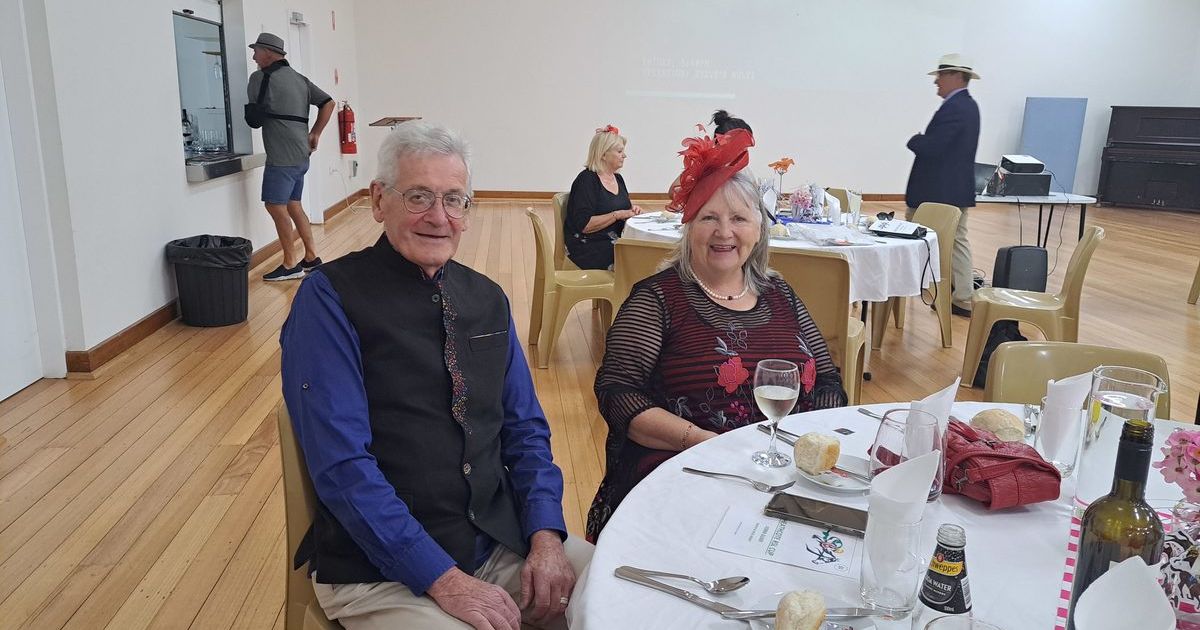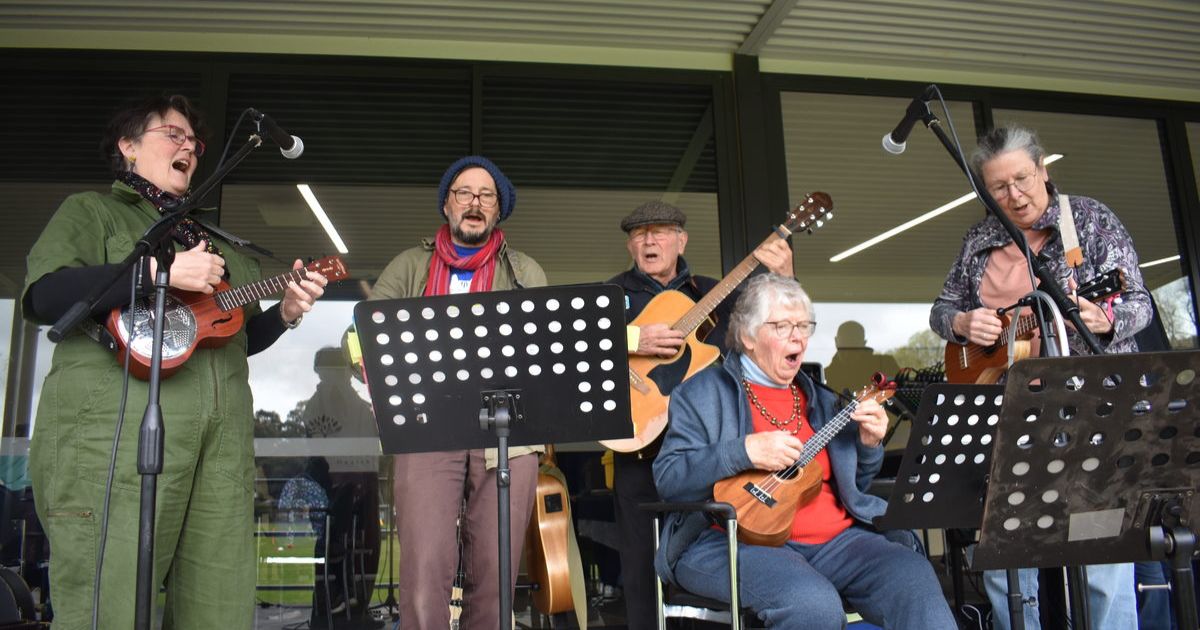Election ’25: What you need to know

Australian Prime Minister Anthony Albanese and Leader of the Opposition Peter Dutton. Image: LUKAS COCH & MICK TSIKAS/AAP
THE starting gun has been fired on this year’s federal election, with voters across Australia to go to the polls on May 3.
Prime Minister Anthony Albanese announced the election date for the five-week campaign earlier this month.
Mr Albanese is looking to become the first prime minister since John Howard to win back-to-back elections, while Opposition Leader Peter Dutton will aim to lead the Coalition back to power after one term.
Bendigo’s declared candidates are Labor’s Lisa Chesters (current member), The Liberals’ Matt Evans, The Nationals’ Andrew Lethlean, The Greens’ Avery Barnett-Dacey, Family First’s Evelyn Keetelaar, Victorian Socialists’ Rohan Tyler, and Legalise Cannabis Party’s Wayne Taylor.
Candidate nominations in all electorates close at noon on Thursday, April 10, with nominations declared at noon on Friday, April 11. For both the Senate and the House of Representatives, candidates must be Australian citizens at least 18 years old and entitled to vote at a House of Representatives election or qualified to become such an elector.
You cannot nominate if you are disqualified by Section 44 of the Constitution and have not remedied that disqualification before nomination, including being:
• A citizen or subject of a foreign power
• Serving a prison sentence of 12 months or more
• An undischarged bankrupt or insolvent
• Holding an office of profit under the Crown (e.g. Public Servant), or
• A permanent member of the Australian Defence Force.
If you are an Australian citizen aged 18 years or older, you are required to vote in this election, and must be correctly enrolled by 8pm local time on Monday, April 7.
To be eligible to vote, you must be an Australian citizen aged 18 years and over and have lived at your address for at least one month.
Early voting starts on April 22, and applications for a postal vote close at 6pm on April 30.
The Australian Electoral Commission (AEC) has also warned voters about using unsolicited postal vote application forms from political parties, including via SMS prompts.
Only the AEC ever distributes postal vote ballot papers, while unsolicited application forms – received via SMS, email or your mailbox – are sent by a political party or candidate.
They are reportedly used by political parties to collect data about voters before they are forwarded to the AEC.
While this is allowed under the Commonwealth Electoral Act and is a legitimate avenue to apply for a postal vote, there is often concern about the timeliness of applications getting to the AEC and the privacy of an applicant’s details.
The AEC advises anyone wanting a postal vote to head to aec.gov.au/election/pva.htm For more information on the federal election, head to aec.gov.au
– WITH AAP

















